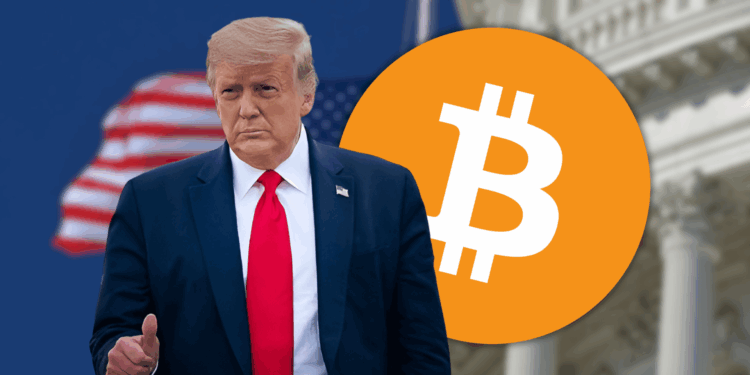- Trump endorsed House debates on the GENIUS, CLARITY, and Anti-CBDC Acts, calling digital assets “the FUTURE.”
- The GENIUS Act aims to give the U.S. a clear lead over China and Europe in crypto regulation.
- Lawmakers are using “Crypto Week” to advance bills that could reshape the national approach to blockchain and digital assets.
President Donald Trump celebrated a major milestone in crypto policy on Tuesday, after the House Committee on Rules approved a debate on a set of bills aiming to establish a federal framework for digital assets. Trump claimed the move would cement the United States as the global leader in the crypto space, leaving China and Europe far behind.
Trump took to Truth Social to voice his support, declaring that the GENIUS Act would make the U.S. “lightyears ahead” of other nations. He added, “Digital Assets are the FUTURE, and we are leading by a lot!” Trump also called on Republican lawmakers to vote in favor of the proposed legislation.
Spotlight on the GENIUS, CLARITY, and Anti-CBDC Acts
The debate centers on three major bills: the GENIUS Act, the CLARITY Act, and the Anti-CBDC Surveillance State Act. Together, they aim to define how digital assets should be regulated, promote innovation, and limit government control over digital currencies.
House Financial Services Committee Chairman French Hill dubbed this legislative push “Crypto Week,” highlighting Congress’s increasing attention to blockchain technology and decentralized finance. Lawmakers aim to pass legislation that encourages U.S.-based development while protecting individual freedoms and investor interests.
GOP-Led Push Reflects Trump’s Pro-Crypto Stance
This marks a significant shift in federal attitudes toward digital assets, especially under Trump’s second term. His administration has been more openly crypto-friendly, in stark contrast to the prior regulatory uncertainty. The GENIUS Act in particular has drawn praise for potentially attracting more blockchain innovation to the U.S.
By urging Republicans to pass the bill, Trump is positioning digital asset regulation as a priority in his broader economic and technological agenda. If successful, these acts could pave the way for a regulated but thriving U.S. crypto industry.














